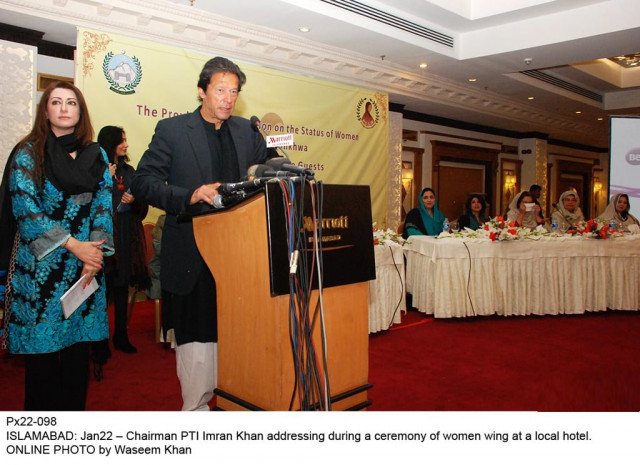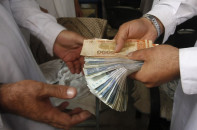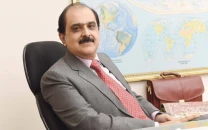Seminar: Greater integration for women in all spheres of life stressed
Speakers offer recommendations for empowerment.

“Education is the most important ingredient in the empowerment and social uplift of women,” says PTI Chairman Imran Khan. PHOTO: ONLINE
Speakers at a seminar gave a slew of recommendations for facilitating the integration of women in all spheres of life.
At a seminar, “Obstacles to improving the status of women in Khyber-Pakhtunkhwa and opportunities in post-devolution context,” members of the Provincial Commission on the Status of Women (PCSW) underscored the need to strengthen women through quality education, political involvement and greater economic opportunity.
Khyber-Pakhtunkhwa (K-P) is the only province with a functioning women’s commission and the advisory body set up in 2010 is determined at the least, to incorporate social care and protection for women in the province’s agenda.

Pakistan Tehreek-i-Insaf Chairman Imran Khan, who presided over the seminar, had a single, sweeping recommendation: Education.
“Education is the most important ingredient in the empowerment and social uplift of women.”
For Khan, who has paid much lip service to the cause of education since his party came to power in the province, progress is largely dependent on educating mothers.
“We also need to strengthen the rule of law and to push for implementation,” He added, explaining that more women would stand up for their rights if they could rely on an impartial and robust system of justice.
PCSW Chairperson Neelam Toru called upon stakeholders to collaborate to end discrimination and violence in the region, while other members on the panel highlighted the need for a greater role for women in economic, legal and political realms.
Shamama Arbab said the provision of daycare facilities, paternity leaves and special regulatory practices to allow women to run businesses from the safety and convenience of their homes would invigorate the economic role of women. She also suggested that the introduction of entrepreneurship as a subject in the eighth grade could serve to engage and inspire young women otherwise dissuaded to pursue jobs because of domestic responsibilities.

“Banks need to have separate products for women entrepreneurs rather than fixed quotas,” Arbab cited that trends in Bangladesh and India had proven that women were more likely to return loans within the allocated period.
Another speaker, Saba Gul Khattak urged the provincial government to focus on greater investment in its population welfare programme, which is allocated only 0.7 % or Rs427 million of the provincial budget.
The PCSW has published its findings on existing frameworks, such as labour laws of K-P and women’s crisis centres which provide support and security in the face of mistreatment and abuse, to pressure the provincial government to mend cracks within the system.
Other suggestions included the political inclusion of women, more women’s police stations, exclusive transport services for women and improving the process of first information reports and medico-legal outreach.
Published in The Express Tribune, January 23rd, 2014.



















COMMENTS
Comments are moderated and generally will be posted if they are on-topic and not abusive.
For more information, please see our Comments FAQ